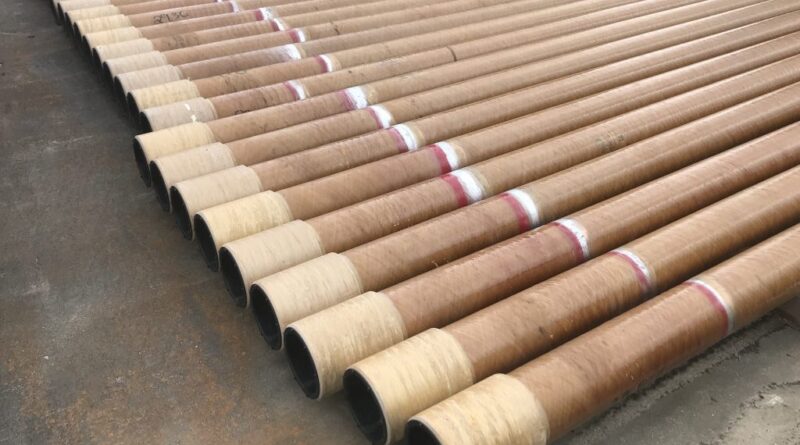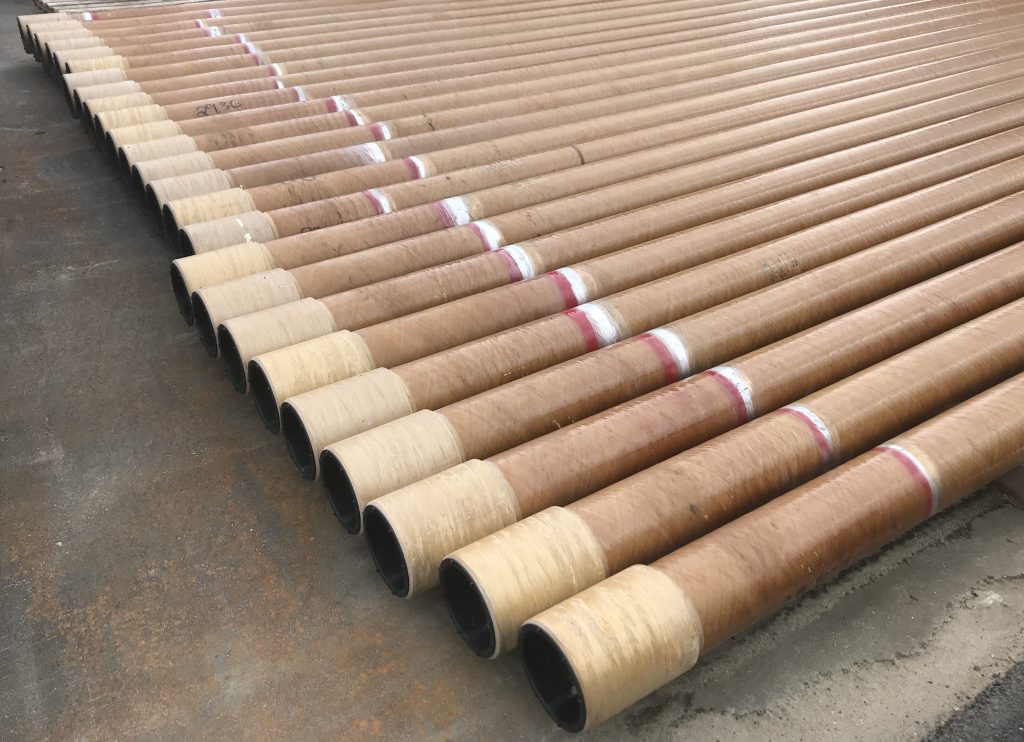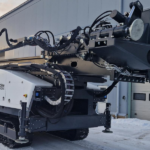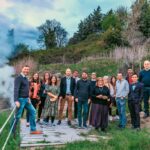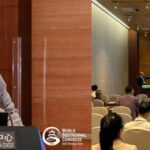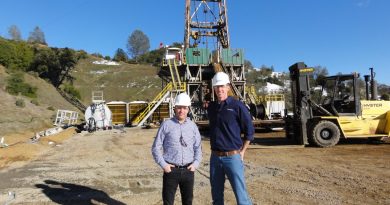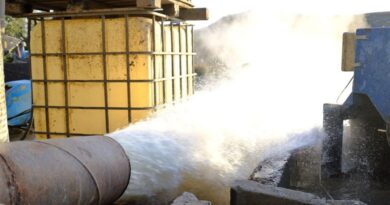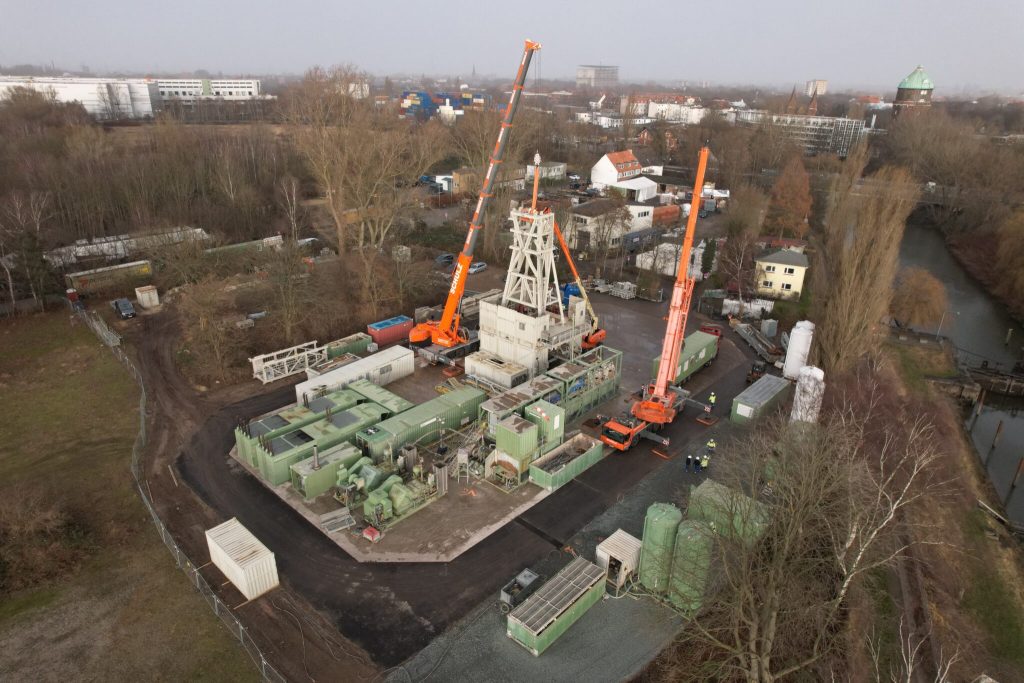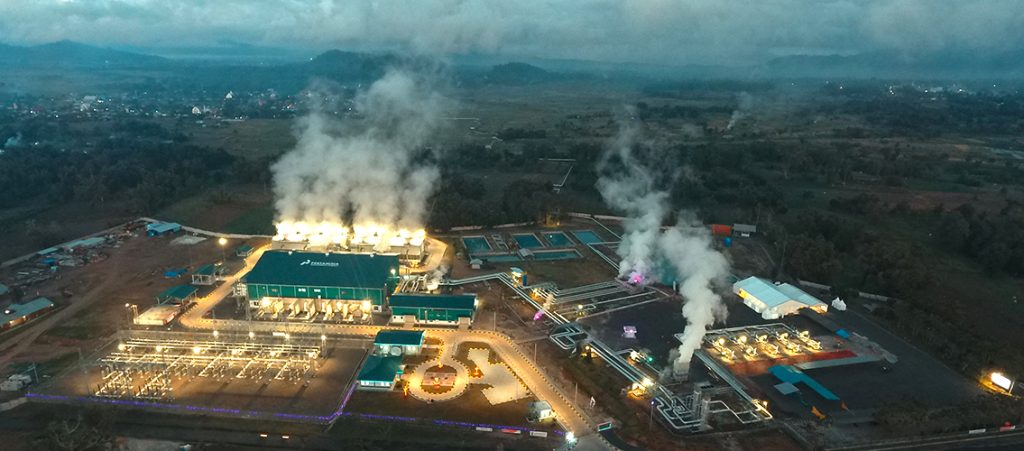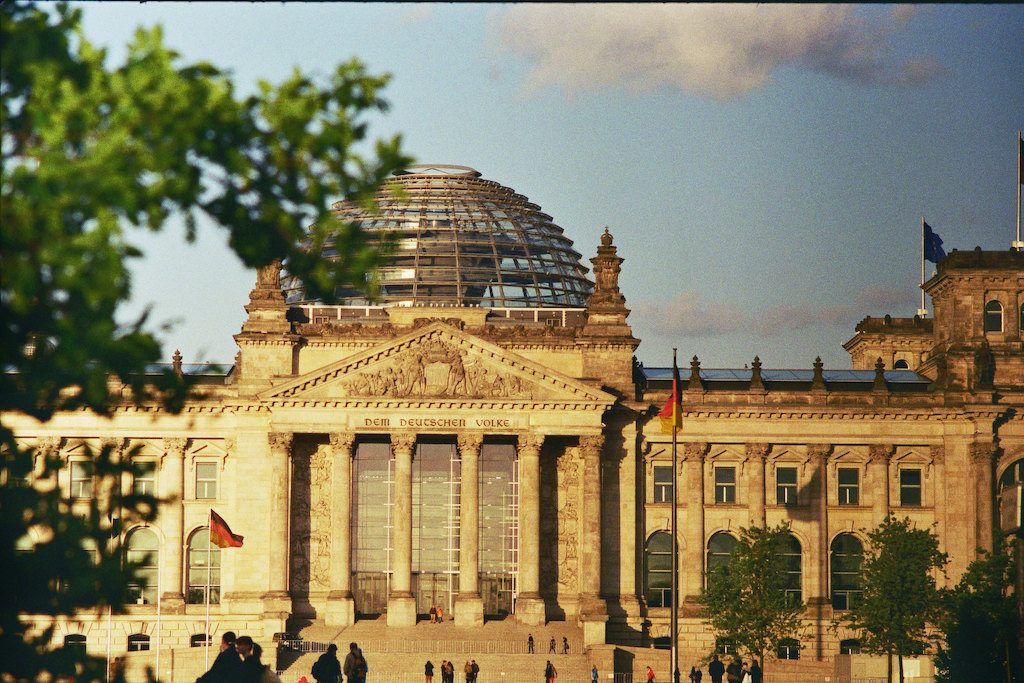Results of innovative geothermal casing project to be presented in Celle, Germany
Energy Disrupter
The GRE GEO project will be presenting advancements in the use of fiberglass casing for geothermal boreholes at the upcoming Celle Drilling event.
As the GEOTHERMICA-funded GRE-GEO project nears its conclusion, it is set to unveil its latest advancements at the Celle Drilling 2024 exhibition.
During a series of expert-led workshops on September 18th focusing on the innovative use of glass fiber reinforced epoxy (GRE) in geothermal systems, participants will have the unique opportunity to learn first-hand about the project’s developments and discuss their questions directly with the experts involved.
The series will be led by Ferid Seyidov, a project engineer at Vulcan Energy, and will include four workshops. Each workshop will focus on a specific aspect of the GRE- GEO project:
- Govert de With from the Nuclear Research and Consultancy Group (NRG) will address the critical aspects of material choice in geothermal systems. His workshop will offer a deep dive into radioactive scale modeling and compare future project trajectories using GRE versus steel.
- Ferid Seyidov’s session will explore general well design for GRE tubulars in casing and protective barrier applications. Within this workshop, project partner Drilltec will also present the new GRE handling tool.
- Javier Holzmann (TU Clausthal), Leo de Mul (Dynaflow Research Group), and Kees Rookus (Future Pipe Industries) will complete the series with two workshops focusing on innovating GRE tubular qualification for downhole applications.
For the whole program and timeslots please visit www.celle-drilling.de.
Presentation slides will also be uploaded to our website www.gre-geo.org.
Organized by GeoCelle eV, Celle Drilling is an annual event that provides a venue for professionals from academia and industry to discuss state of the art drilling technologies and drilling applications, as well as case studies. The event is a focused platform for the international exchange on these subjects and related topics.
About GRE GEO
Corrosion and scaling significantly reduce the lifespan of traditionally used steel tubing systems, which must ensure the integrity of the wellbore. Consequently, workover procedures become necessary sooner than expected, which results in a significant financial burden.
In contrast, fiberglass casing (GRE) is a desirable alternative because this material is corrosion resistant. However, compared to steel, GRE pipes have been available only with relatively small inner diameters with excessively large outer diameters.
The GRE-GEOproject (glass fiber reinforced epoxy casing for geothermal applications) is developing a new strategy for well completion. It aims to provide a corrosion-resistant alternative to reduce geothermal energy development and production costs while avoiding additional investment.
The project is carried out from a consortium of eight partners:
- Vulcan Energie Ressourcen GmbH, Germany, main coordinator
- DrillTec GUT GmbH, Germany
- TU Clausthal (ITE), Germany
- Future Pipe Industries (FPI), Netherlands, national market leader
- Dynaflow Research Group DRG, Netherlands
- Nuclear Research and Consultancy Group NRG, Netherlands
- Eartha AG, Switzerland
- Service Industriels de Genève, Switzerland, cooperation partner
Source: Email correspondence

